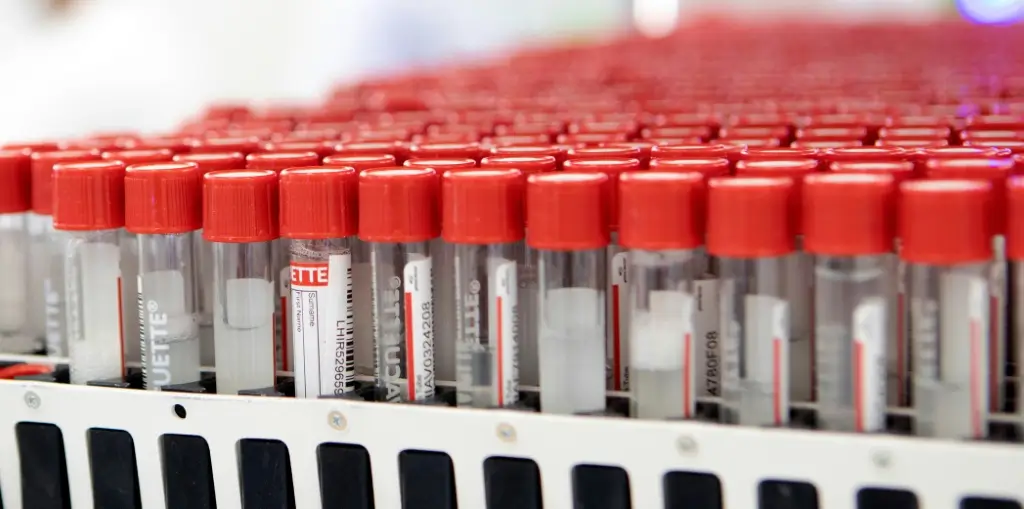
Pathogenic viruses in patient samples can now be identified more quickly. According to information released on Friday, a team of researchers at the Robert Koch Institute (RKI) has developed a new method that can be used to test samples for hundreds of different viruses simultaneously. Until now, routine diagnostics have primarily relied on antibody tests or PCR tests, such as those used for the coronavirus, which can only be used to search for specific viruses and can only test a limited number of viruses per sample. This can cost valuable time in cases of doubt.
RKI researchers are now relying on mass spectrometry for their new method. This allows the mass of molecules to be determined, and thus their identity and quantity. It is the central technique for the investigation of proteins. Proteins are the building blocks of life and control almost all cellular functions. Viruses also form different proteins and can thus be indirectly identified with the help of mass spectrometry.
The researchers first created a so-called spectrum library with the specific fingerprints of 1.4 million viral protein sequences. This covers almost all known viruses that are potentially pathogenic to humans – more than 300 in total. The values from patient samples can be compared with the data in the library. Currently, proteins from 331 human pathogenic viruses can be identified simultaneously in a single patient sample in just two hours.
The RKI researchers believe that mass spectrometry could play a decisive role in the diagnosis of viral infectious diseases in the future, partly due to advances in technology and AI-supported data analysis. Mass spectrometry is already used as standard in many laboratories for the diagnosis of bacterial infections. The study results were published in the journal “Nature Communications.”